A rocky revolution: Can virtual 3D models transform the teaching of geology?
Futurum
DECEMBER 8, 2022
A rocky revolution: Can virtual 3D models transform the teaching of geology? Published: Fieldwork has long been a mainstay of geology education, but it is not everyone’s cup of tea. Not all geology trips are this challenging. TALK LIKE A GEOLOGIST. Contour — a line on a map joining points of equal elevation. not in a classroom).

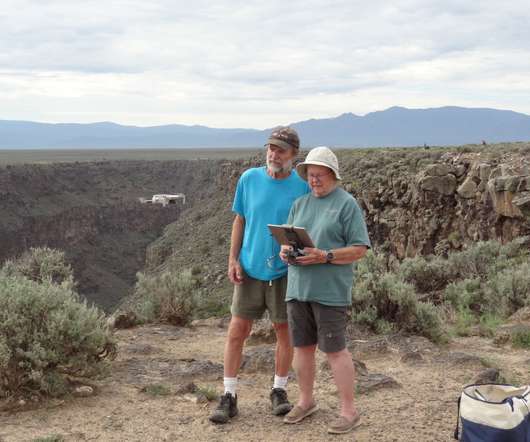
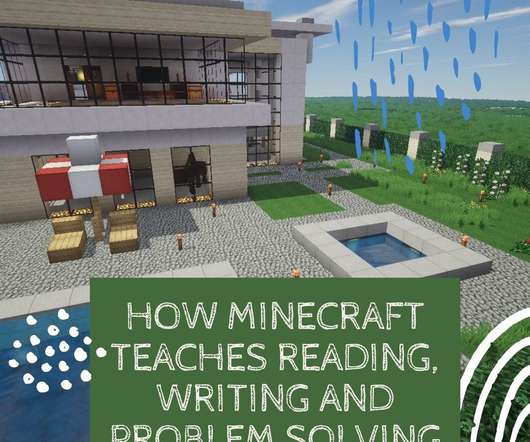

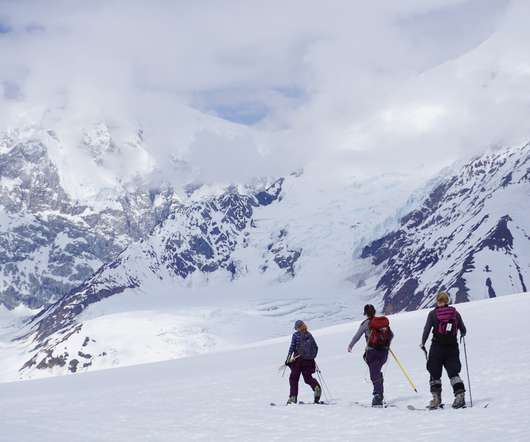
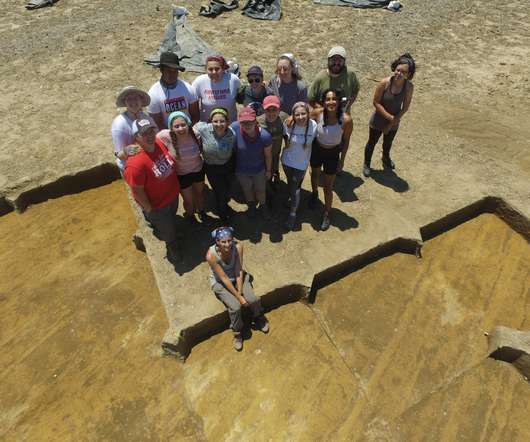
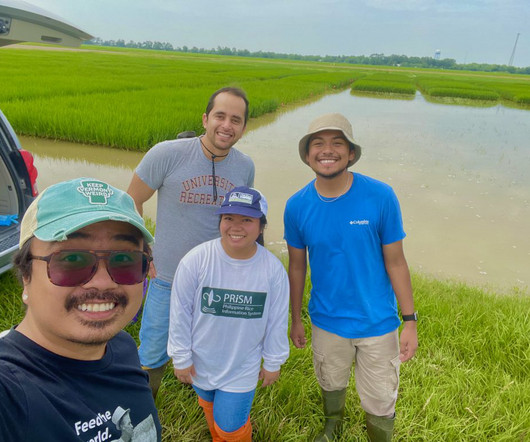
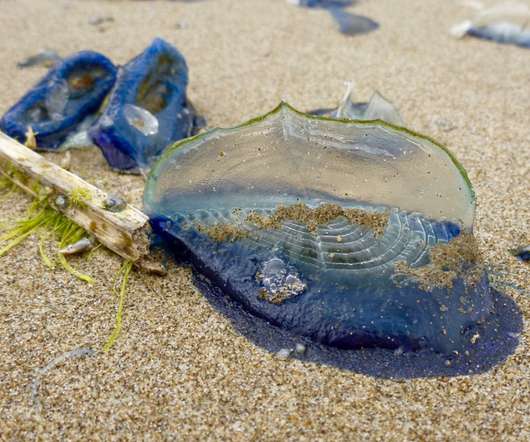
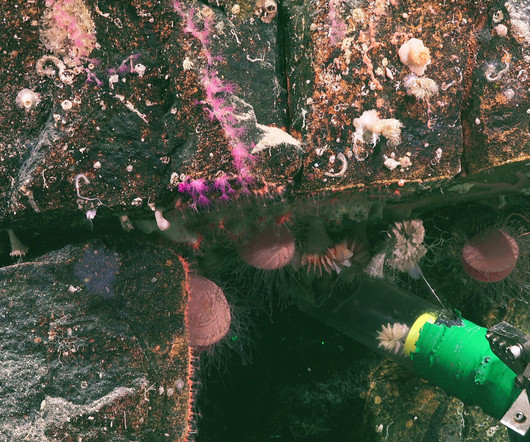
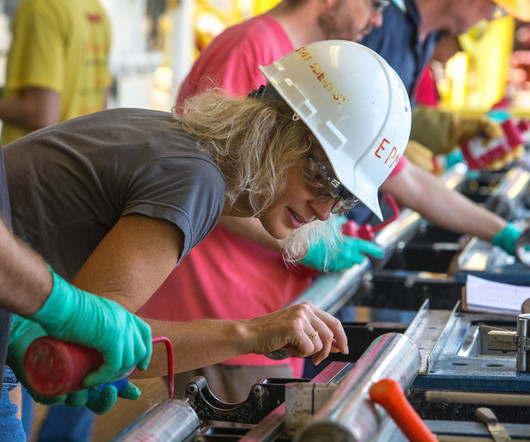
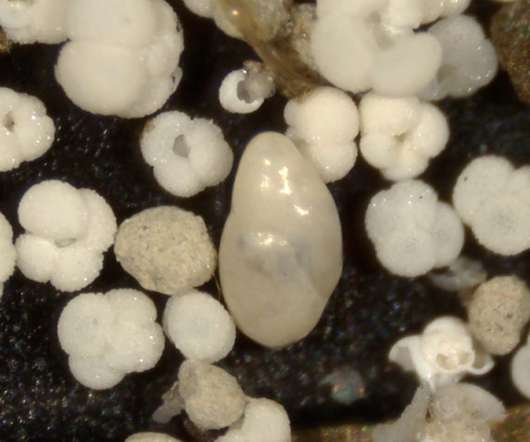

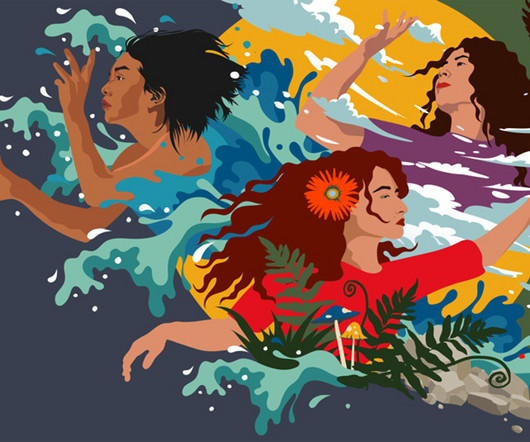
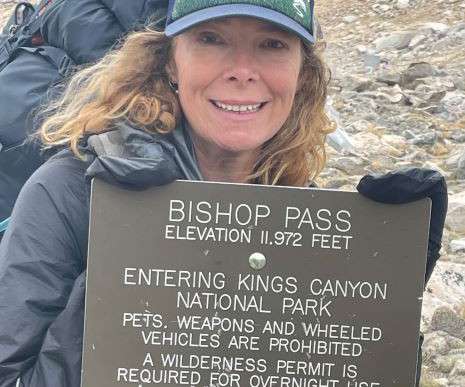
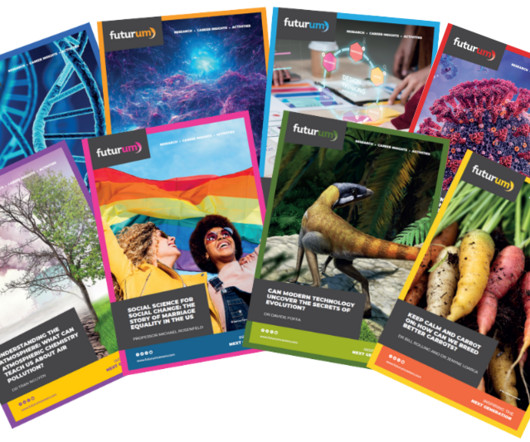






Let's personalize your content